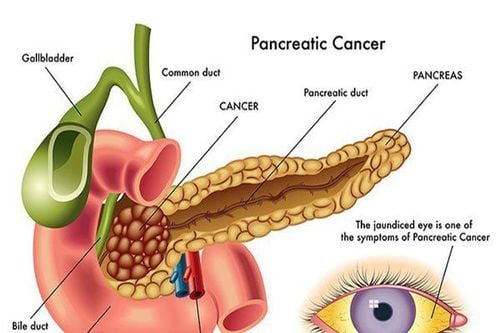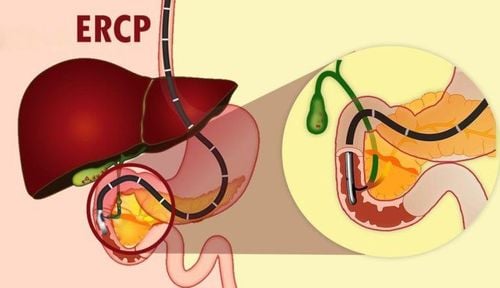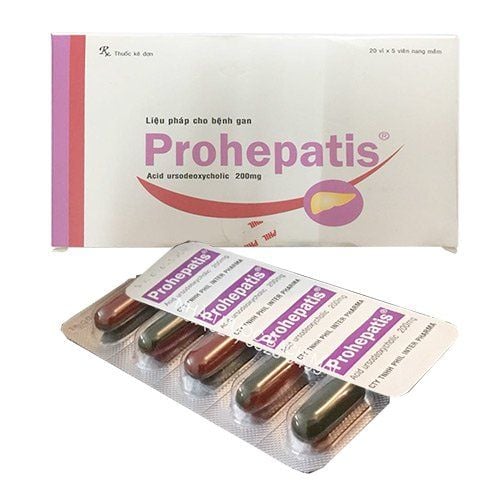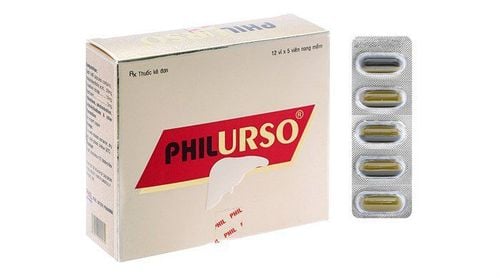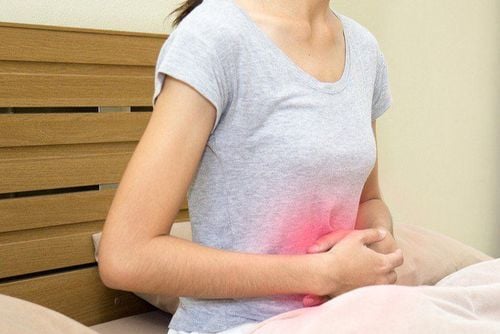This is an automatically translated article.
The article was professionally consulted by MSc Vu Van Quan - Department of General Surgery & Anesthesia - Vinmec Hai Phong International General Hospital.
After surgery, the patient still eats and drinks normally because there is still enough bile from the liver through the bile duct to go down to the intestines to help with digestion, normal activities and work, the relationship between husband and wife is not affected, does not reduce life expectancy. need to take other digestive aids.
1. Types of gallbladder surgery
Doctors can remove your gallbladder in one of two ways:
Open surgery: This open surgery is indicated in cases such as patients with bleeding disorders, severe gallbladder disease, in the last three months of pregnancy. Laparoscopic cholecystectomy: Laparoscopic cholecystectomy is a minimally invasive surgical intervention. Patients can go home after 1-3 days of hospital stay with a few small coin-sized incisions on the abdomen. This surgery does not cause as much bleeding and pain as open surgery. For both types of surgery, you will be given general anesthesia. This means that you will sleep during the procedure and will not feel any pain during the surgery.
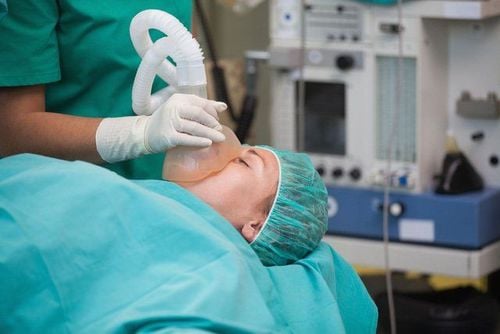
Đối với cả hai loại phẫu thuật, bệnh nhân sẽ được gây mê toàn thân
2. When does the patient need surgery?
Cholecystectomy is indicated when:
Gallstones are symptomatic or large in size. Cholecystitis Symptomatic gallbladder polyps or polyps > 1 cm in size.
3. What are the health effects of cholecystectomy?
The gallbladder plays an important role in regulating the flow of bile according to the mealtime, helping the digestive activities take place more smoothly. Without a gallbladder, bile has no place to store and goes directly to the intestines. This will lead to a lack of bile to digest food, making it difficult for the patient to eat or cause diarrhea due to too much bile entering the intestines.
However, according to specialists, you can completely live a normal life without a gallbladder. At first, the patient may experience some problems with digestive disorders such as loss of appetite, slow digestion, itching, abdominal pain... As the body gradually adapts to the absence through the liver excreting bile. Coinciding with the meal, the above symptoms also gradually disappeared.
Currently, there is no research showing that patients will have a reduced life expectancy after gallbladder removal.
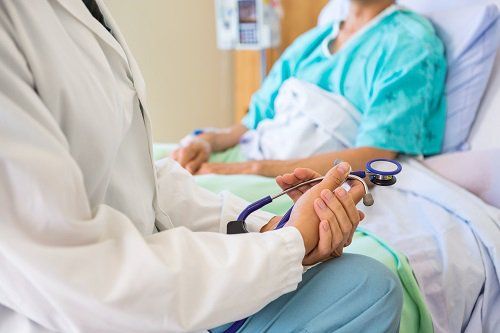
Thời gian hồi phục tùy thuộc vào loại phẫu thuật mà người bệnh được chỉ định
4. Diet after cholecystectomy
Gastrointestinal symptoms associated with cholecystectomy usually go away with time, but some people need medication or lifestyle changes to help control their symptoms.
Some lifestyle changes that can help ease digestive symptoms when you live without a gallbladder are:
Adopt a low fat diet Avoid fatty foods, such as fried foods Eat a lot small meals Avoid eating a very large dinner after fasting all day. Fiber is essential for good digestion, even after surgery you should start with healthy food sources including whole grains, nuts, high-fiber cereals, cabbage, broccoli and cauliflower,...
From October 2019, Vinmec Hai Phong Hospital welcomes specialists in Gastroenterology - Liver, bile and pancreas from 108 Military Central Hospital to visit periodically for diseases of stomach, esophagus, colorectal, etc. liver, spleen, biliary tract, pancreas, anal fistula, rectal prolapse, gastrointestinal cancer screening, etc. At the request of the patient, Senior Doctor Le Van Thanh - Head of the Department of Hepatobiliary and Pancreatic Surgery – Military Central Hospital 108 will directly operate. Schedule on Saturday, surgery on Sunday so that customers can easily arrange their personal time and have more time to recover after the intervention.
Customers can directly go to Vinmec Health system nationwide to visit or contact the hotline here for support.
Articles refer to sources: webmd.com, medicalnewstoday.com





